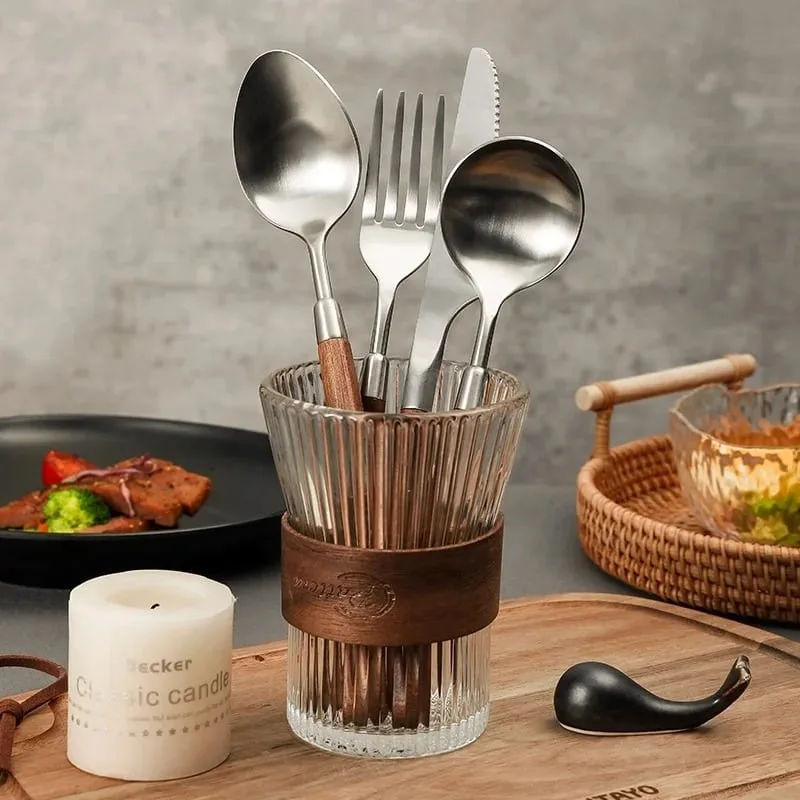The enthusiasm for kitchenware in Europe and America is skyrocketing! To many, kitchenware is more than just cooking tools; it represents a symbol of quality living. From premium stainless steel cookware to multifunctional baking molds and exquisite cutlery sets, the demand for kitchenware continues to grow. With the rising popularity of healthy eating, eco-friendly materials, and smart kitchen tools, this market is an untapped blue ocean ready for exploration!
What Kitchenware Can Be Shipped Internationally?
Here are some common types of kitchenware suitable for export:
- Cookware: Stainless steel woks, frying pans, stockpots, and stew pots are all commonly shipped.
- Baking Molds: Cake molds, baking trays, and muffin tins are highly exportable.
- Cutlery: Metal utensils like knives, forks, and spoons, as well as ceramic or wooden cutlery sets, can also be shipped.
- Kitchen Gadgets: Handy tools like manual whisks, silicone spatulas, bottle openers, and kitchen timers are lightweight and easy to ship.

Key Factors to Consider for Amazon Kitchenware FBA Logistics
1. The Art and Science of Packaging
Kitchenware comes in various shapes, and some items are fragile, making packaging a crucial aspect:
- For glass bakeware, wrap it securely in multiple layers of bubble wrap and place it in custom foam grooves to prevent damage during transit.
- Sharp items like knives require proper blade protection to avoid harming other items or causing safety hazards.
2. Balancing Weight and Volume
Understanding the shipping costs based on weight and volume is essential:
- Different logistics providers calculate fees differently. Some use weight-based pricing, while others apply dimensional weight formulas, such as Length × Width × Height (cm) ÷ 6000.
- For bulk shipments, optimize packaging to reduce volume while ensuring safety, lowering overall shipping costs.
3. Control Over Delivery Time
Amazon customers expect prompt delivery. Although kitchenware doesn’t require the urgency of perishable goods, long delays can affect customer satisfaction. Choosing logistics options with a delivery time of 7-15 days is often ideal.
4. Overcoming Customs Challenges
Strict customs regulations in Europe and America demand accurate declarations of kitchenware’s materials and purposes:
- Wooden kitchenware may require fumigation certificates.
- Certain metal utensils might need specific quality inspection reports or certifications.
Partnering with a professional logistics provider experienced in customs clearance for kitchenware can streamline the process. They can assist with necessary documentation, improving clearance efficiency and avoiding delays or returns due to customs issues.
Conclusion
Exporting kitchenware to Europe and America through Amazon FBA is a lucrative opportunity, but success depends on careful logistics planning. From expert packaging to compliance with customs requirements, every detail matters. Work with a reliable logistics partner to ensure smooth and cost-effective delivery. The kitchenware market is waiting—seize the opportunity today!
